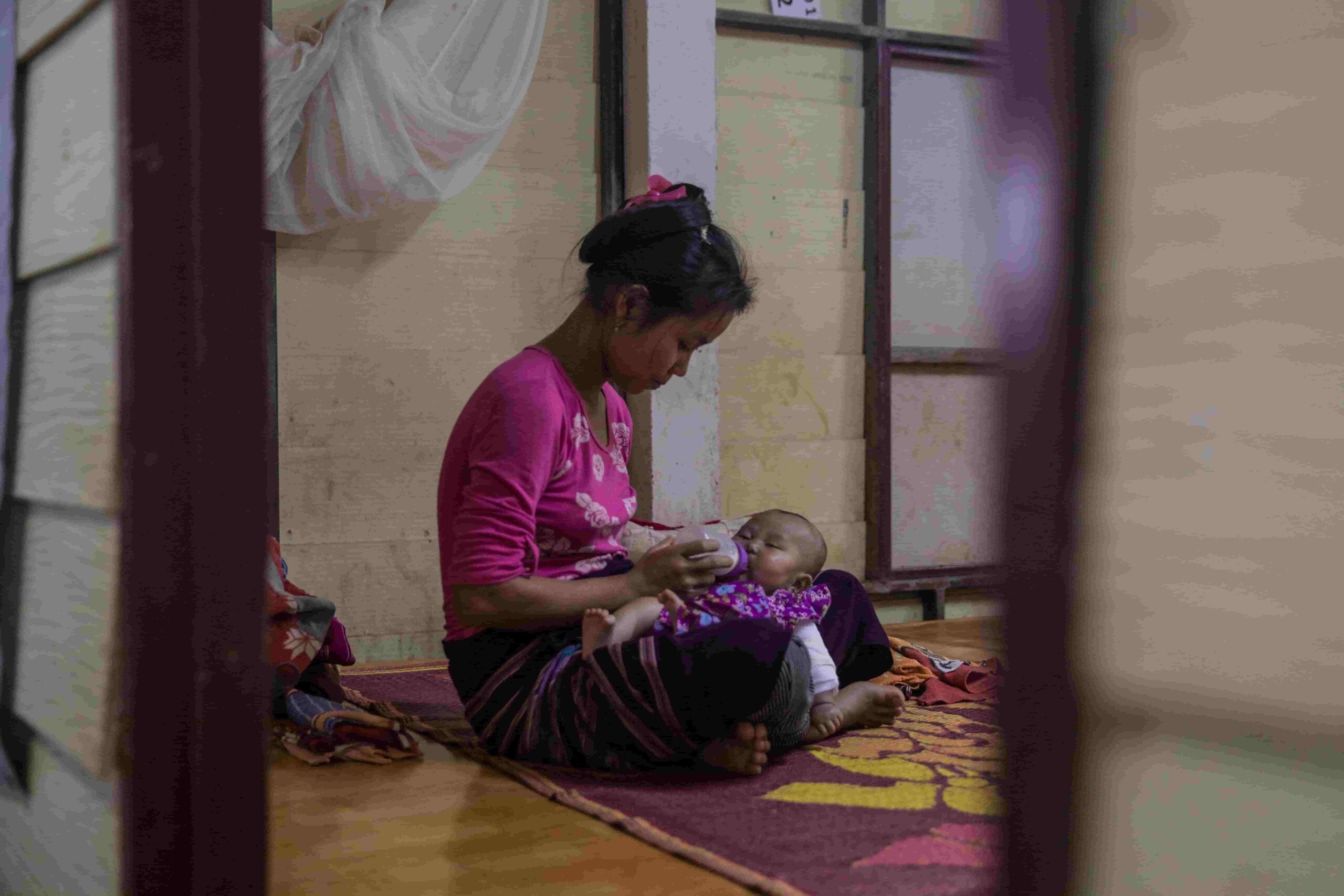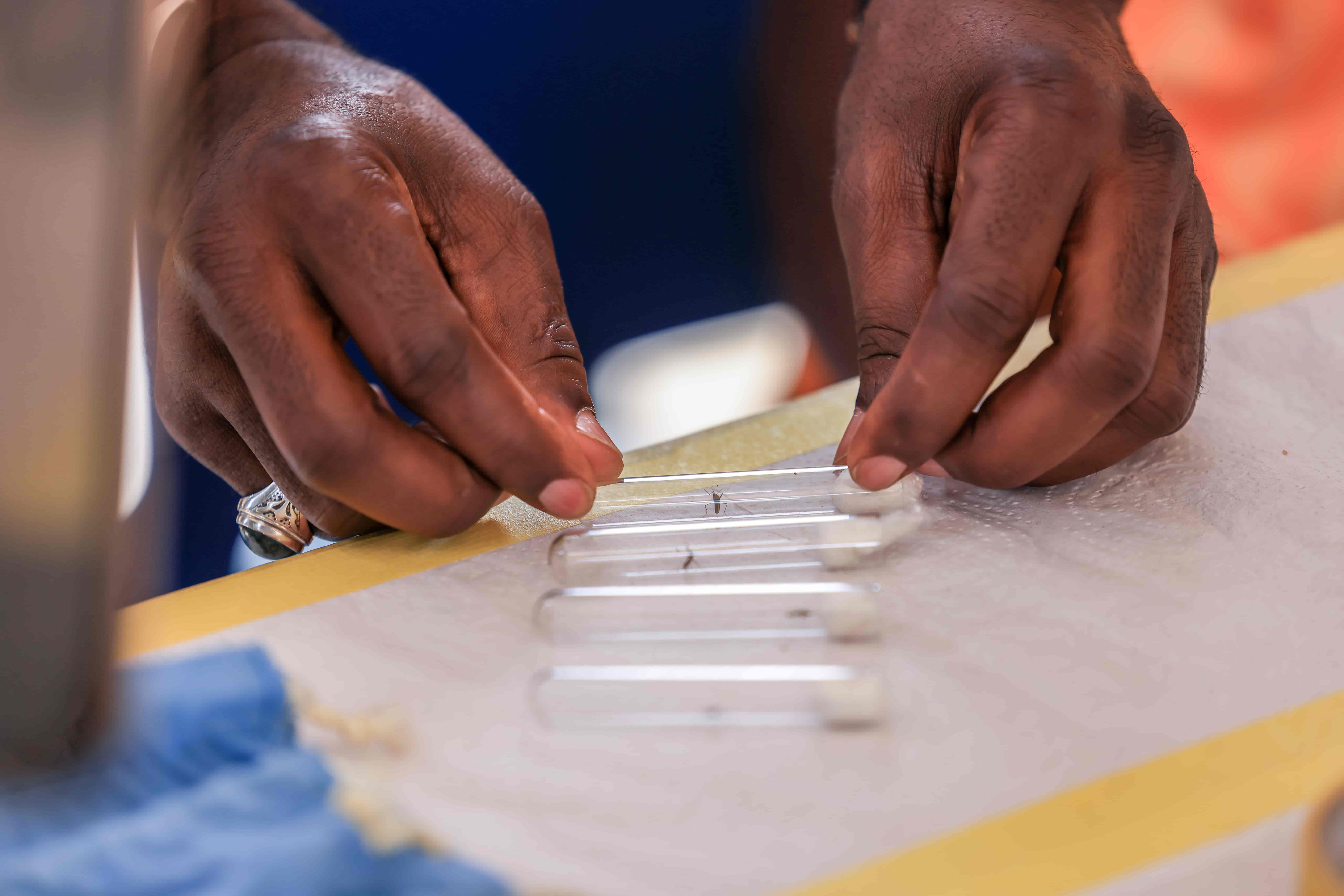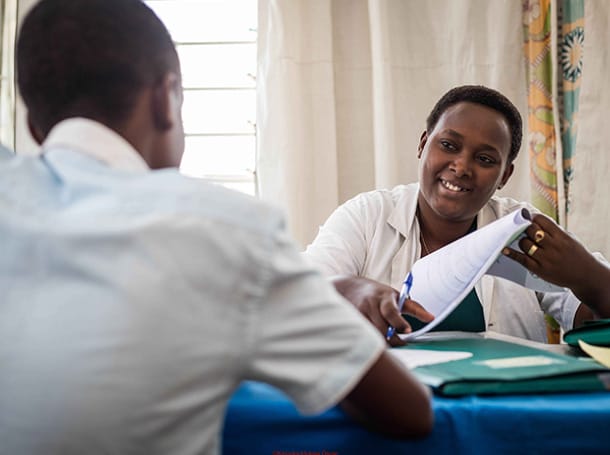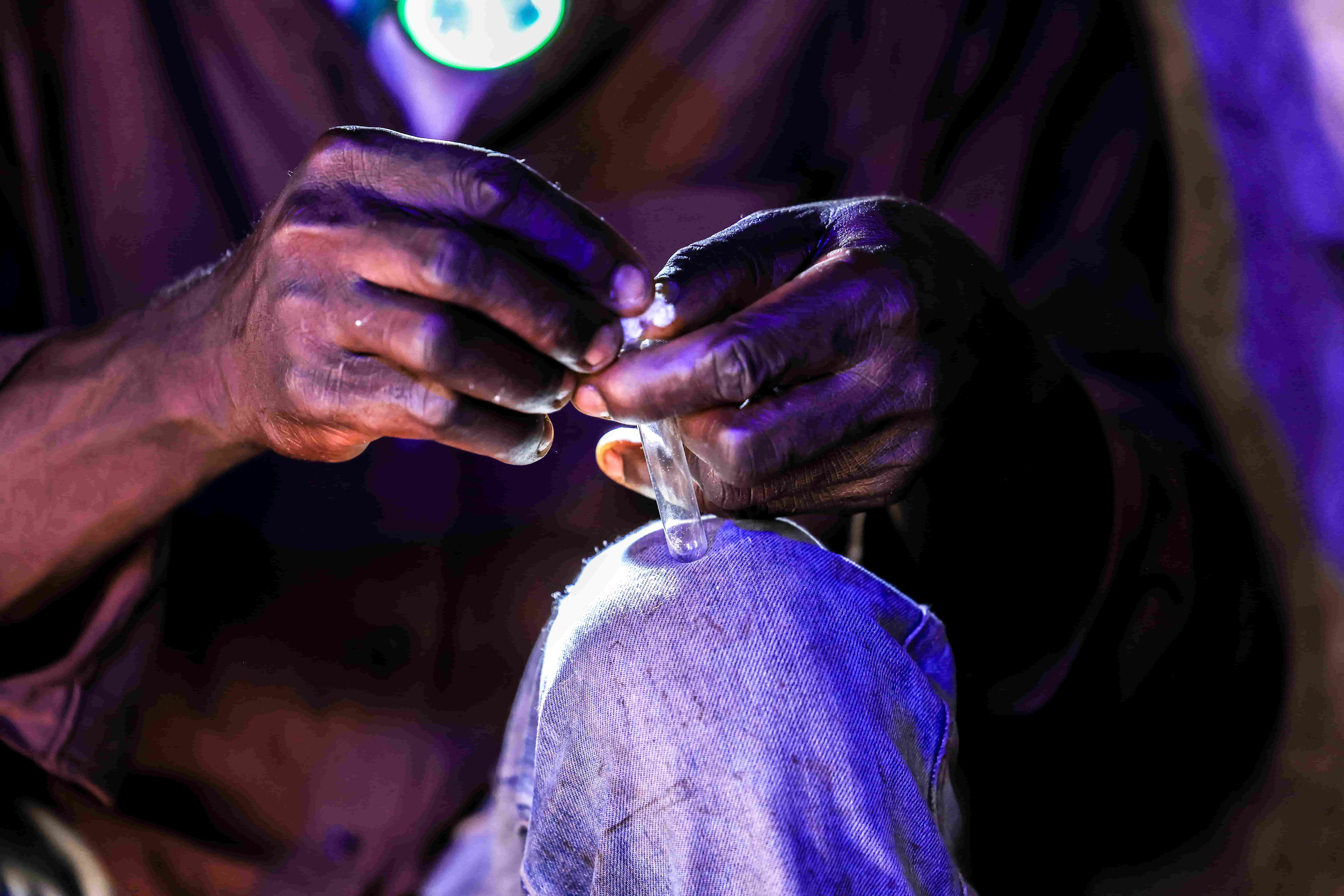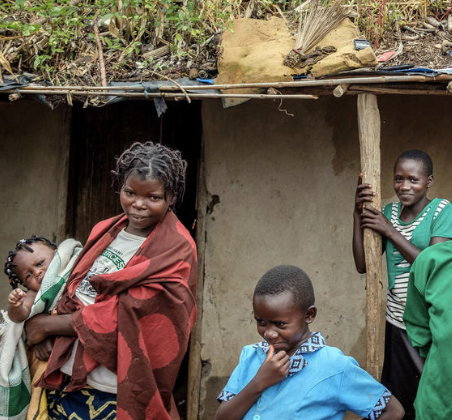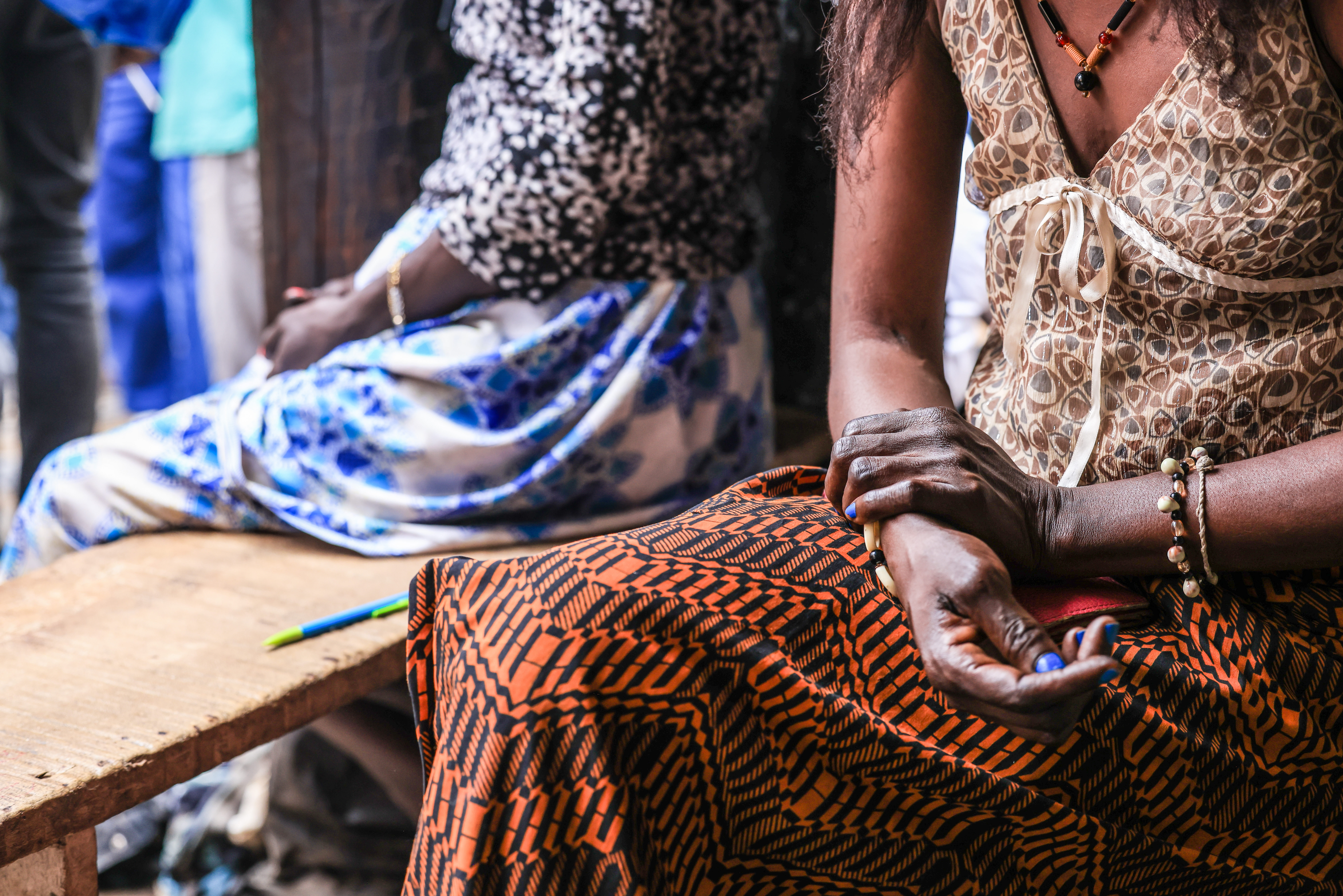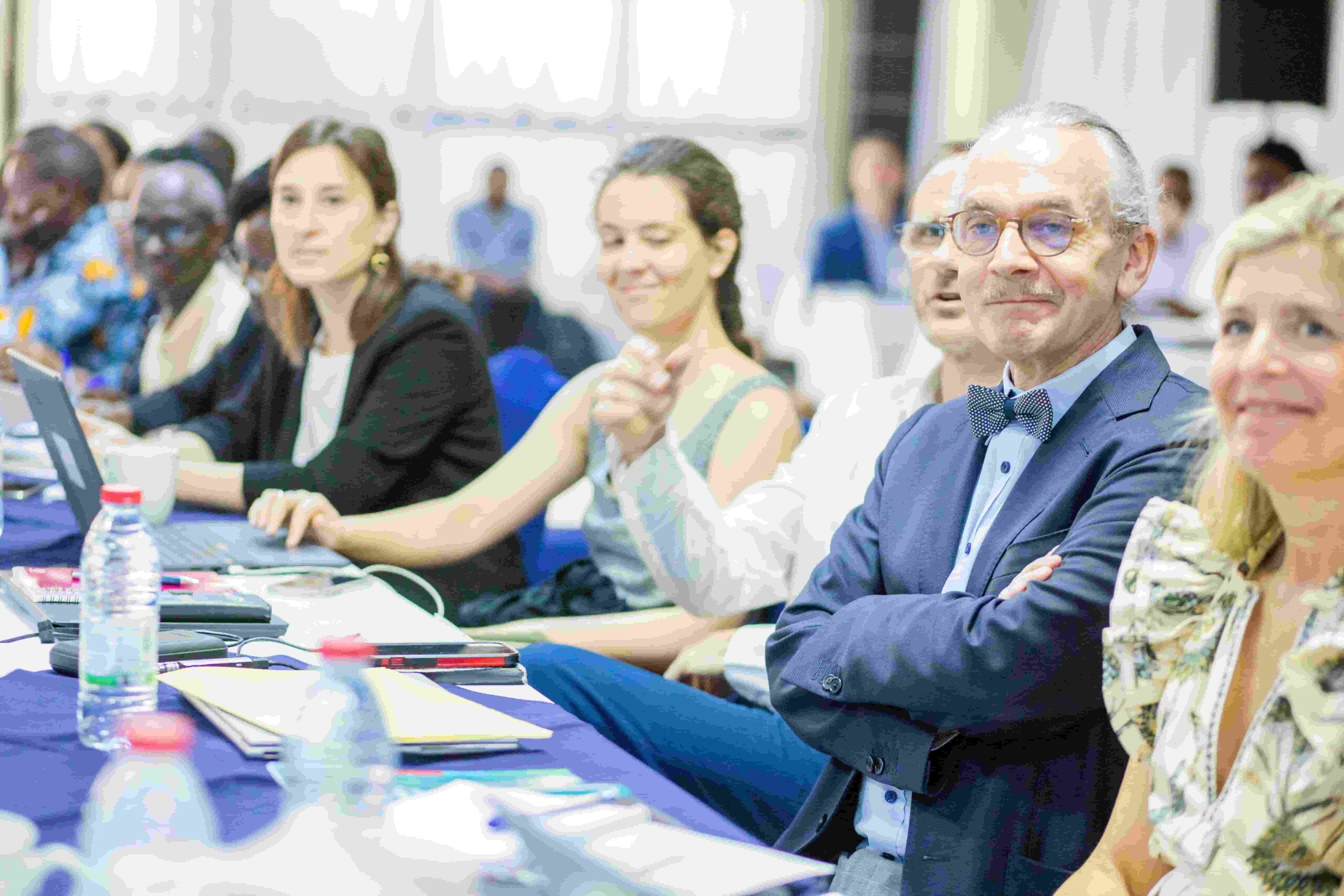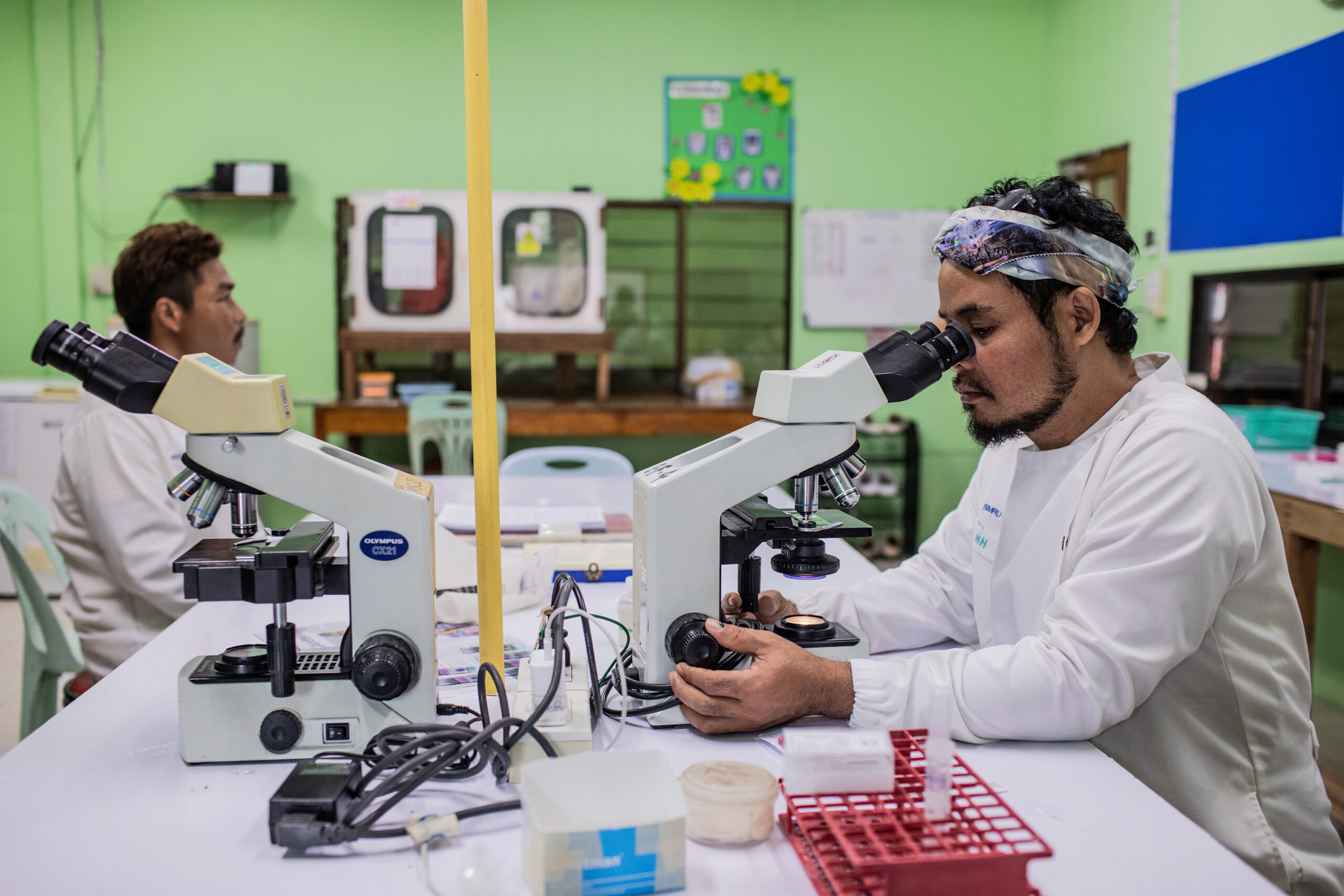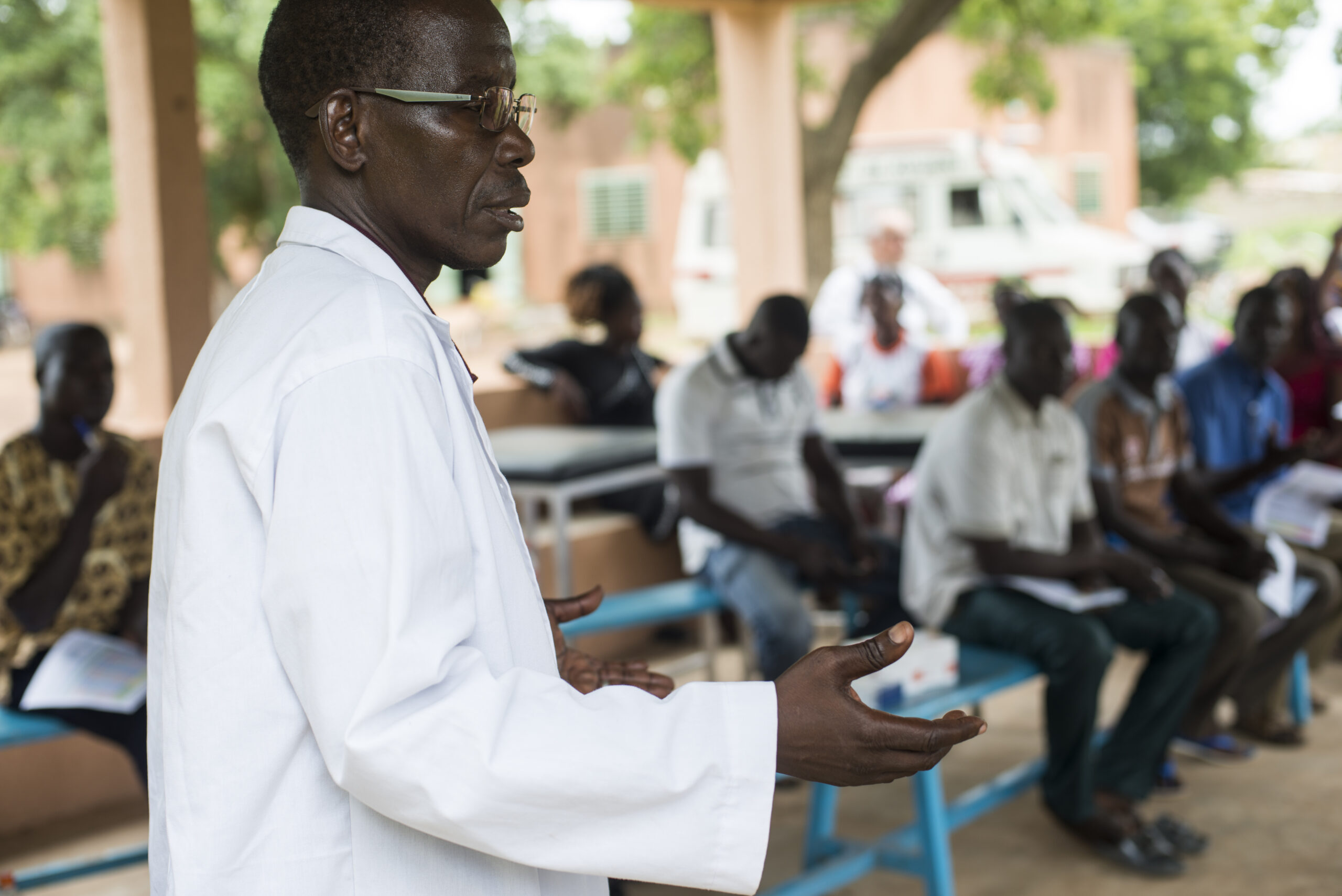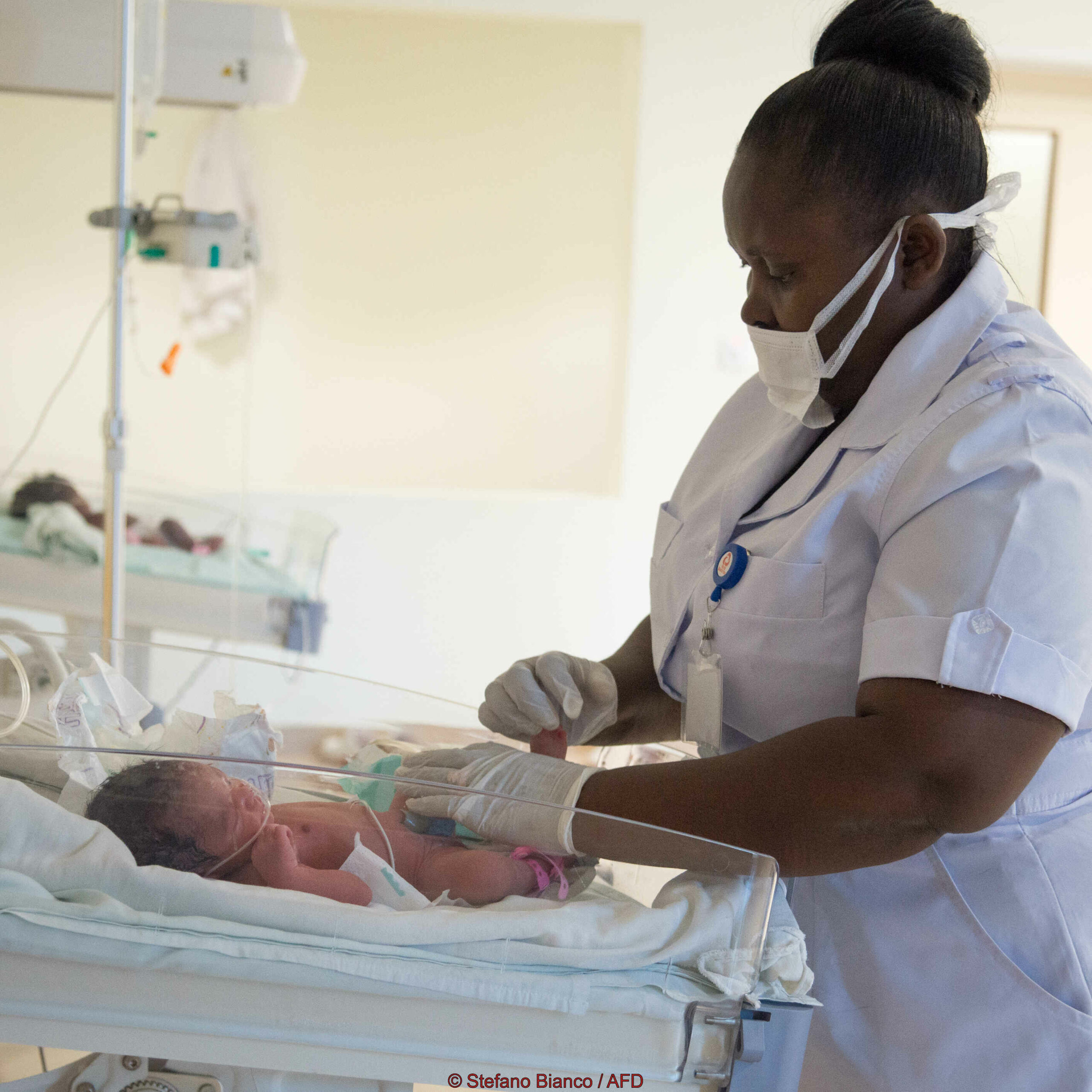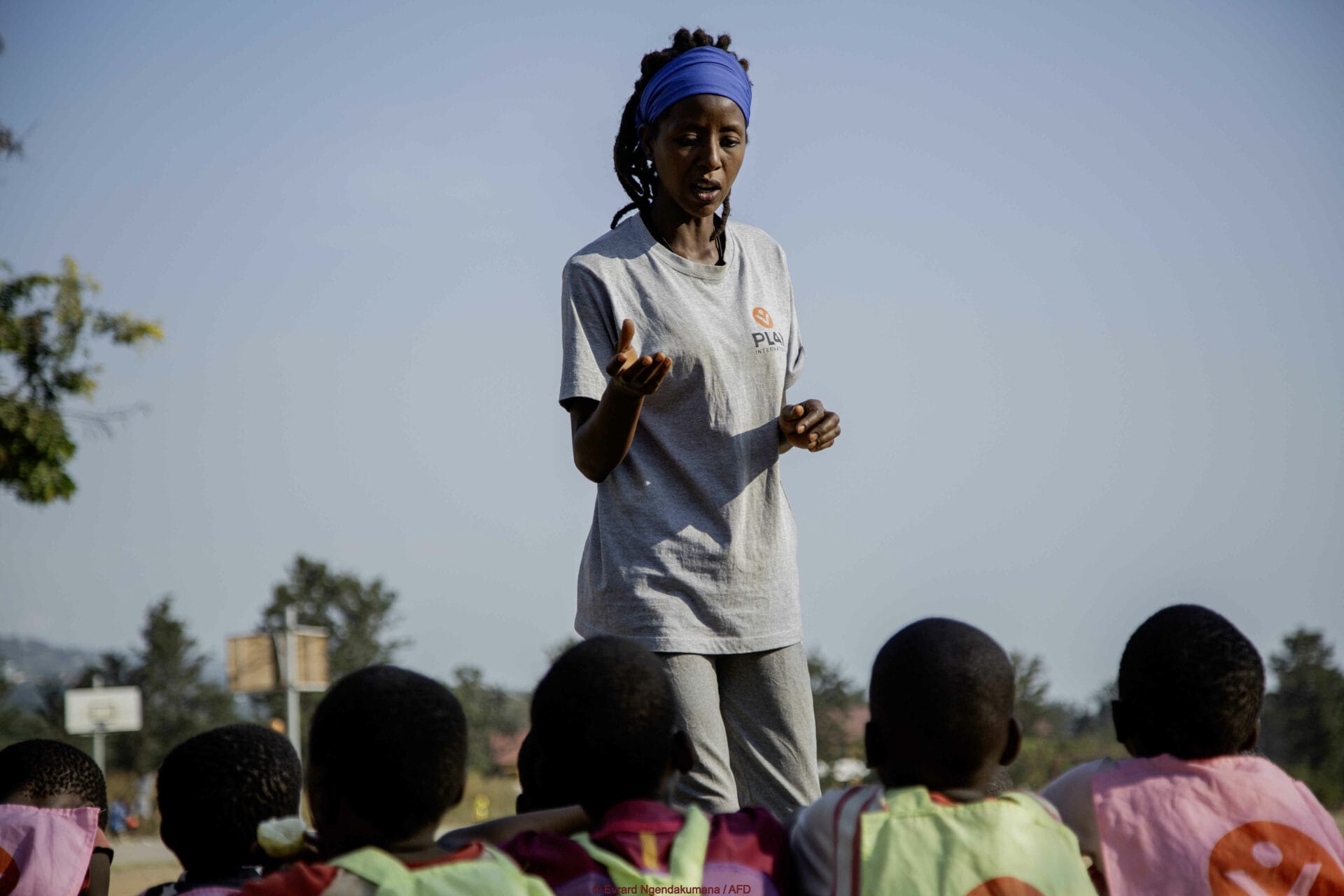In Laos, the NGO Community Health and Inclusion Association (CHIAs) aims to strengthen the health, rights and gender dimensions of marginalized Laotian populations. Malaria eradication is one of the NGO’s main objectives.
Eliminating malaria in Laos through community collaboration
Since 2020, L’Initiative has contributed nearly a million euros to the Malaria Elimination in Laos project, which aims to develop an active malaria case-finding network in the southern provinces of Sékong and Salavan, within the many communities of Laos. CHIAs’ strategy is based on raising local communities’ awareness, through community health workers, of all malaria-related issues. Insecticide-impregnated mosquito nets are distributed in villages to stem the spread of mosquitoes, the vectors responsible for many diseases. At the same time, community health workers are trained to diagnose the disease in its entirety, ensuring identification, access to screening and, where necessary, rapid, consistent and effective treatment of infected people and contact cases.
The Malaria Elimination in Laos project also deploys an innovative self-help model. Known as “TRIO”, this model is based on the observation that nutrition and support from friends and family reduce stigmatization, promote the recovery of infected patients and improve their general state of health, thereby reducing the risk of falling ill again. Trios, made up of the patient and two family members or friends, are responsible for ensuring daily medication intake and adherence to a healthy diet.
With an initial duration of 35 months, the project aims to reduce the number of malaria cases in the two target provinces by 70% by 2025. According to the NGO CHIAs, increasing the capacity of local health facilities to diagnose and treat malaria more effectively would also increase the treatment efficacy rate to 95% and, finally, reduce the malaria mortality rate by 80%. To that end, 500 health professionals have been trained. In addition, 200 health centers have been equipped with essential tools for diagnosing and treating the disease. The total budget for the project is estimated at over 10.5 million euros, and it aims to reach up to 74,000 people in two provinces with a population of around 900,000. By 2021, 48,529 people had been made aware of malaria in the villages, 1,780 people had been tested and 270 infected patients notified.
